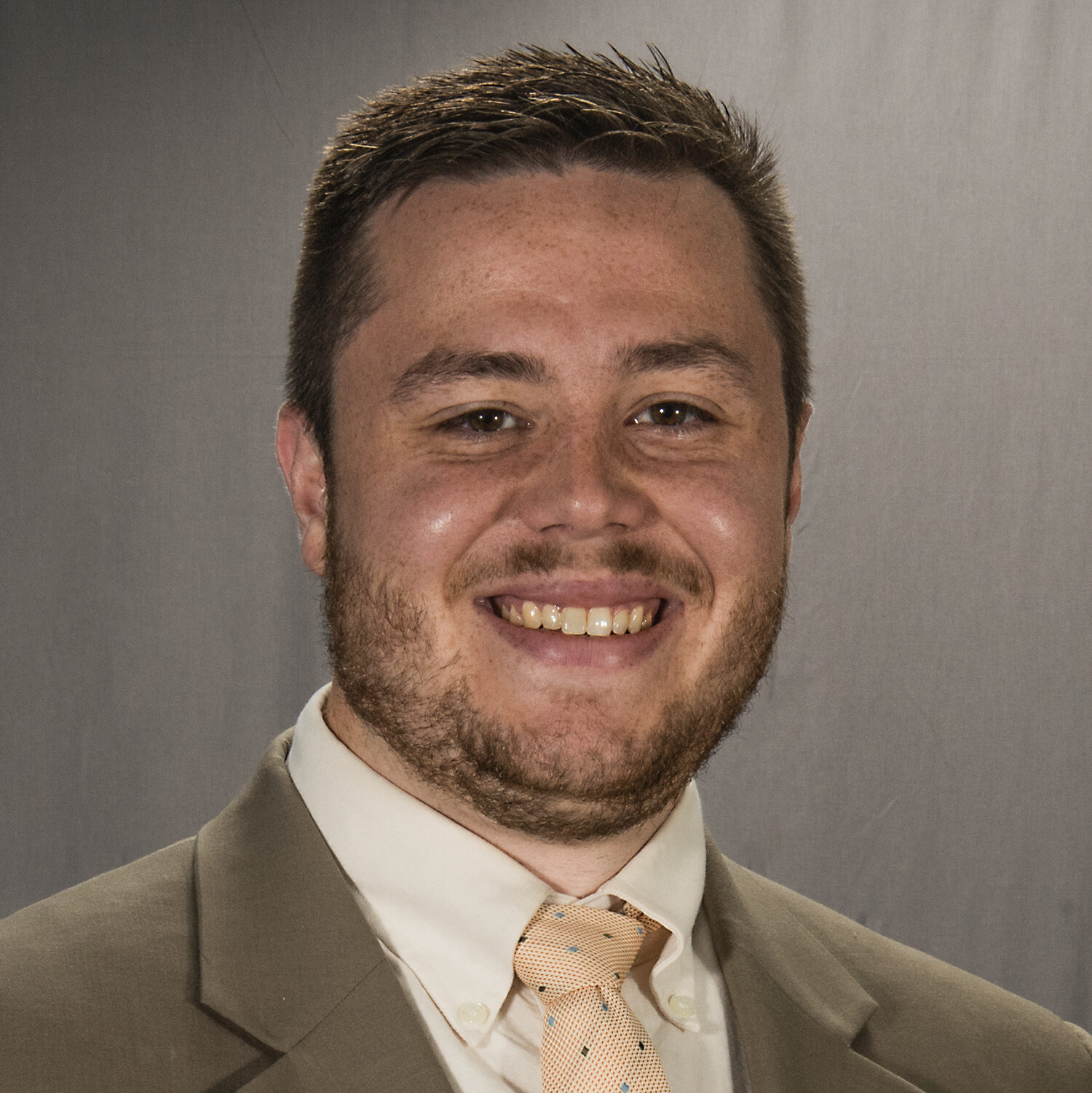
One of the more intriguing aspects of God’s design for humans is the ability we possess to create habits. Even the most unregimented individual has habitual tendencies. For example, a habit can be as simple as one’s morning routine or the way someone prepares lunch. Whether we acknowledge it or not, our lives consist of habits that we have created and learned over time. Habits either form us or deform us. Habits are important when we want to start a good practice like working out, or when we want to give up a bad thing like biting our fingernails. As useful as it may be to alter our normal patterns in life, there are other places where we can change our habits for spiritual reasons.
Think for a minute about what you do when you arrive at the church building. Do you park in your normal place, enter the same door, take a predictable path to your seat, and then greet the usual people? You probably have a particular way you address visitors, react to lessons, or respond to activities. All of this constitutes learned behaviors and habits, which means they can be unlearned or changed. Do you want to be more welcoming to visitors? Change how you talk to them (ask open-ended questions, sit with them, invite them to lunch). Do you feel distant from some members at church? Change where you sit (scan the directory for people you do not know, find someone sitting by themselves, etc.). Do you catch yourself zoning out during certain parts of worship? Change how you participate (i.e., take notes, read along in your Bible, read a verse during the Lord’s Supper, etc.). When we make small changes, we are conditioning ourselves to think differently about what we do on a regular basis.
When we catch ourselves following predictable habits even at church, there might be the potential to change the behavior for the good. This can extend even to evangelism. Do you want to be better at talking to people about Jesus? You can change how the conversation goes with those who need to hear the gospel. For example, if someone says, “Things are not going well with. . .” or “I am not prepared for. . .” then you can say, “I have a group of people who can help.” That provides an immediate open door to teach about Jesus and his plans for people in his church. If we train ourselves to listen for certain cues, then we can create a habit of talking about Jesus in any situation.
Our lives are filled with habits that make up our daily actions. If we believe there is always room to grow in faith, then we will find places in our hearts and mind where Christ is needed. When Paul says, “take every thought captive to obey Christ. . .” (2 Cor. 10:5), he is challenging us to assess our thought processes and make changes when necessary—this includes our habits.
Billy Camp

Billy grew up at the Decatur Highway congregation in Birmingham, Alabama. After graduating from high school, he moved to Montgomery to attend Faulkner University. In 2012, he graduated from Faulkner with an undergraduate degree in Biblical text. He then went on to complete his Master’s degree in New Testament Studies at Faulkner and his Ph.D. from Liberty University in Christian Apologetics. In addition to serving with our family ministry and preaching, Billy also teaches in the Bible department at Faulkner University.
Billy is married to the former Shelby Vega and they have three children: Kinley, Roman, and Lewis. He works with the Family Ministry at Dalraida and also preaches and teaches classes regularly.
